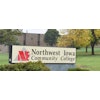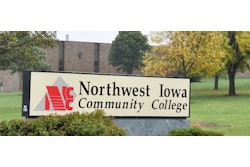Just 31 percent of community college students complete remedial math “gateway” courses before they move on to college level math, according to a recent study. To help combat this cycle, some community colleges are turning to newly developed online programs that emphasize repetition, practice and mastery of concepts.
Although online enrollment has grown tremendously in recent years — nearly 1 million more students took at least one online course in fall 2009 than in the previous year, according to the Sloan Consortium — community colleges have been slow to offer developmental courses online. At community colleges in Virginia, for example, only 3 percent to 4 percent of online courses are in developmental programs, according to an analysis from the Community College Research Center at Columbia University’s Teachers College.
Many of the developmental courses that have been offered online have had disappointing results. Dr. Shanna Jaggars, a senior research associate at CCRC, has found that students who take online remedial classes are less likely to succeed in college-level courses.
“Currently, many online courses are developed by simply porting the face-to-face materials to a course Web site and adding a discussion board,” a method, she says, that does “little to reinforce the course’s learning objectives.”
However, new courses being developed take into account the specific needs of remedial students.
For example, the Monterey Institute for Technology and Education in Marina, Calif., an online educational content provider, will make available to community colleges a free series of developmental math courses in April. The Gates Foundation-funded series, “Developmental Math — Open Program,” includes courses ranging from arithmetic to intermediate algebra, geometry and statistics.
“Students go through the course material filling the gaps in their knowledge rather than having to repeat things that they’ve already mastered,” says Ruth Rominger, the Institute’s director of Learning Design. This self-paced model of instruction can be especially beneficial to students looking to accelerate through their developmental programs, she says.














